Amnesty highlights “racist” Swiss public debate
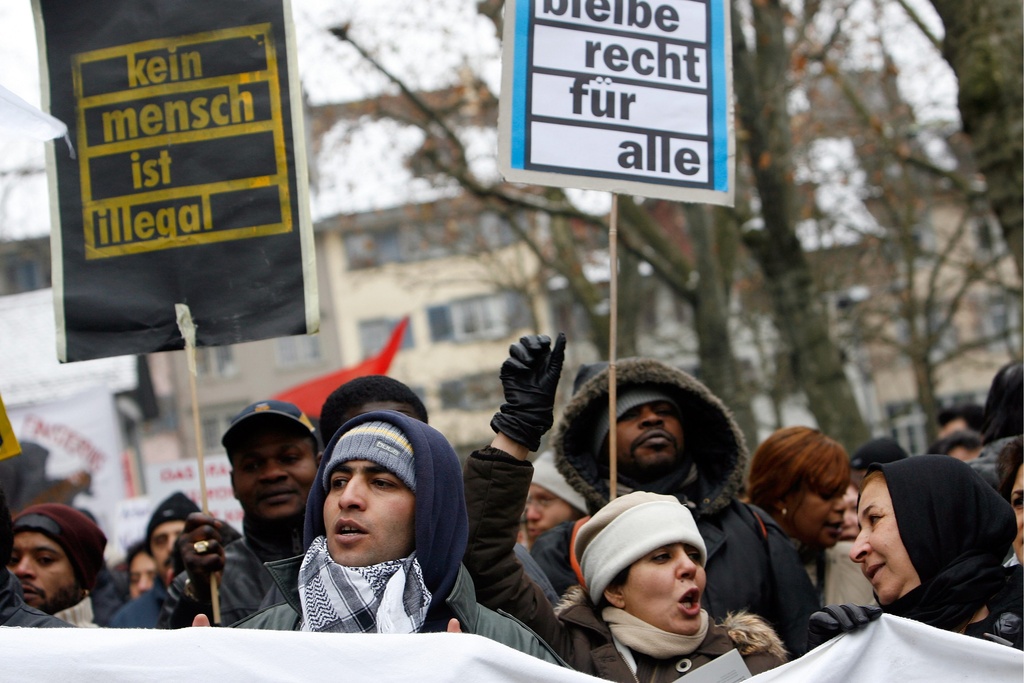
Swiss public discourse is increasingly racist and xenophobic, according to Amnesty International in its annual round-up of global human rights abuses.
While Switzerland’s marks were good in the wider picture – at least 111 countries were accused of torture – there was still room for improvement. In particular, Amnesty criticised the November vote to ban the construction of minarets as well as the campaign leading up to it.
“That vote was a bad example – it’s now becoming a public and political theme in other countries in Europe,” Manon Schick from the human rights organisation’s Swiss section told swissinfo.ch.
“Of course it’s damaging Switzerland’s image, but what’s more concerning for us is that it’s damaging the harmony between religions in Switzerland. A lot of Muslims felt stigmatised last year during the campaign and this could have very long-term repercussions in Switzerland.”
In the 2010 report, “The state of the world’s human rights”, Amnesty noted that the European Commission against Racism and Intolerance (ECRI) had expressed concern that “an initiative that infringes human rights can be put to a vote”.
The ECRI said in its annual report in September that it was also concerned by increasingly racist and xenophobic political language, in particular involving the rightwing Swiss People’s Party. The People’s Party has used distinctive posters in its recent campaigns, for example white sheep kicking a black sheep off the Swiss flag.
The commission questioned the effectiveness of the current criminal law against racism and called for improved training for legal professionals in its application.
“Two faces”
Amnesty also echoed concerns by the United Nations Human Rights Committee in October that people whose asylum applications had been rejected were subjected to inadequate living conditions and lacked access to health care.
“Some have to live on the street – even if Switzerland is obliged to give them what we call emergency help,” Schick said.
“This doesn’t mean that in every part of Switzerland the situation is the same – in some cantons it’s OK, people are getting some food and a place to sleep – but in others if you don’t have a family, you might not get a place to sleep or any help, even food. And these people have to rely on help from private people or associations.”
Also, in July the cabinet decided that the creation of an independent national human rights institution was “premature” and instead authorised the creation of a university-based human rights centre as a pilot project.
“Most other developed countries have such an institution. This shows that Switzerland still has two faces: an external one for the world saying ‘look, we’re champions of human rights, we have many international organisations in Switzerland, the Human Rights Council in Geneva’; but internally we don’t take any measures, even if they are recommended by UN bodies to implement human rights.”
Amnesty also expressed concern about ongoing reports of police ill-treatment, in particular against asylum seekers and migrants.
One incident that will feature in the 2011 report is the case of the deported Nigerian drug dealer who in March died on a Zurich runway after being forcibly restrained for a special flight back to Lagos.
“This is a very problematic issue that shows that the measures taken by Switzerland after the two [similar] deaths in 1999 and 2001 were insufficient to guarantee the life of these people,” Schick said.
Good news
It wasn’t all bad news though for Switzerland, which compared with its alphabetical neighbours in the report, Sweden and Syria, came off worse than the former but considerably better than the latter.
“One piece of good news is that Switzerland accepted three ex-detainees of Guantanamo [one Uzbek and two Uighurs] who are now in Switzerland and working hard to have a new life,” she said.
“I think this was a sign from Switzerland to say ‘OK we always criticise the United States in the war on terror, but we also help the US and President Obama to close down Guantanamo’. And even if it’s not done yet, there are fewer people there than a year ago.”
Schick added that Switzerland was the only Western country to take people from the Uighur Muslim minority in China. “This was a subject of diplomatic conflict with China, but in the end the cabinet decided to respect human rights and not put the interests with China first. This was a great decision.”
Finally, a federal law entered into force at the beginning of the year which provides that all negative decisions on naturalisation must state why and be open to appeal.
“Everyone can now appeal. This doesn’t mean that this person will automatically get Swiss citizenship, but it’s more respectful of people’s rights to have the opportunity to appeal,” she said.
“And surely it also helps to combat discrimination in these [naturalisation] procedures, because a lot of people who were refused came from the Balkans while people coming from other European countries were never refused.”
Thomas Stephens, swissinfo.ch
AI was founded in 1961 by British lawyer Peter Benenson.
AI was awarded the Nobel Peace Prize in 1977 for its campaign against torture.
According to its 2010 report, AI has 2.8 million members or supporters in more than 150 countries.
Elsewhere in the world, Amnesty took the United States to task for President Obama’s failure – despite promises – to close its prison camp at Guantanamo Bay in Cuba and criticised Russia and China for what it described as blocking international scrutiny of the Sri Lankan government’s conduct during its bloody conflict with insurgents.
Amnesty criticised all three nations and several other major industrial countries for refusing to participate in the International Criminal Court, which is intended to prosecute war criminals.
As for Europe, Amnesty said the EU wasn’t living up to its commitments on human rights, citing the bloc’s tolerance of the CIA’s rendition flights and secret detention program.
The report also noted “clear accountability gaps” in the EU’s foreign policy. It cited the bloc’s “weak and incoherent” response to a UN report which found that Israel had committed war crimes in Gaza in 2009, and to similar allegations against government forces in Sri Lanka.
Those events were a setback to the progress made elsewhere last year in ensuring justice and accountability, interim Secretary-General Claudio Cordone said.
A UN-backed genocide tribunal in Cambodia has charged senior Khmer Rouge leaders with war crimes committed in the 1970s, and in Latin America former leaders of Peru and Argentina were convicted for crimes against humanity and torture as investigations into decades-old abuses reopened.
Cordone said increasing activism and rights campaigning in Russia and China were signs of hope, and that the United States also appears to be softening its hostility toward the international court.

In compliance with the JTI standards
More: SWI swissinfo.ch certified by the Journalism Trust Initiative

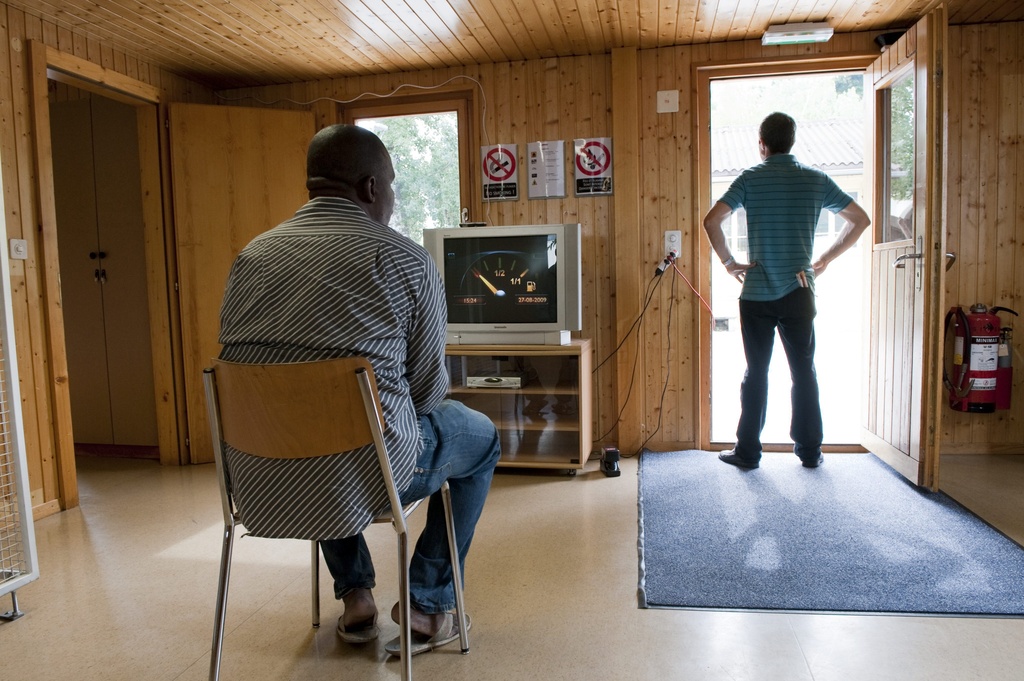
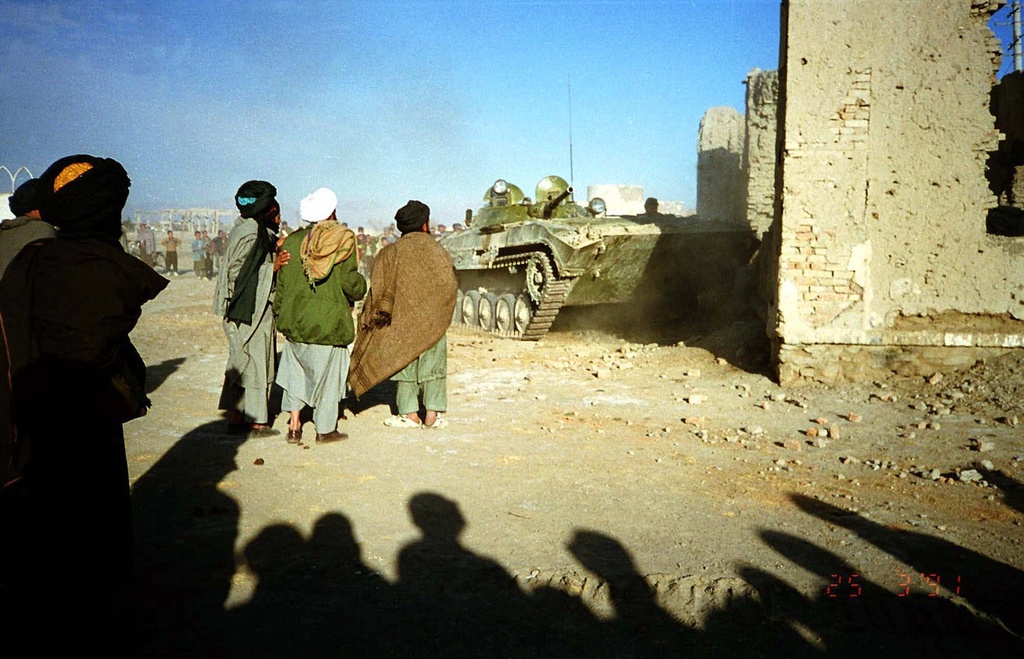

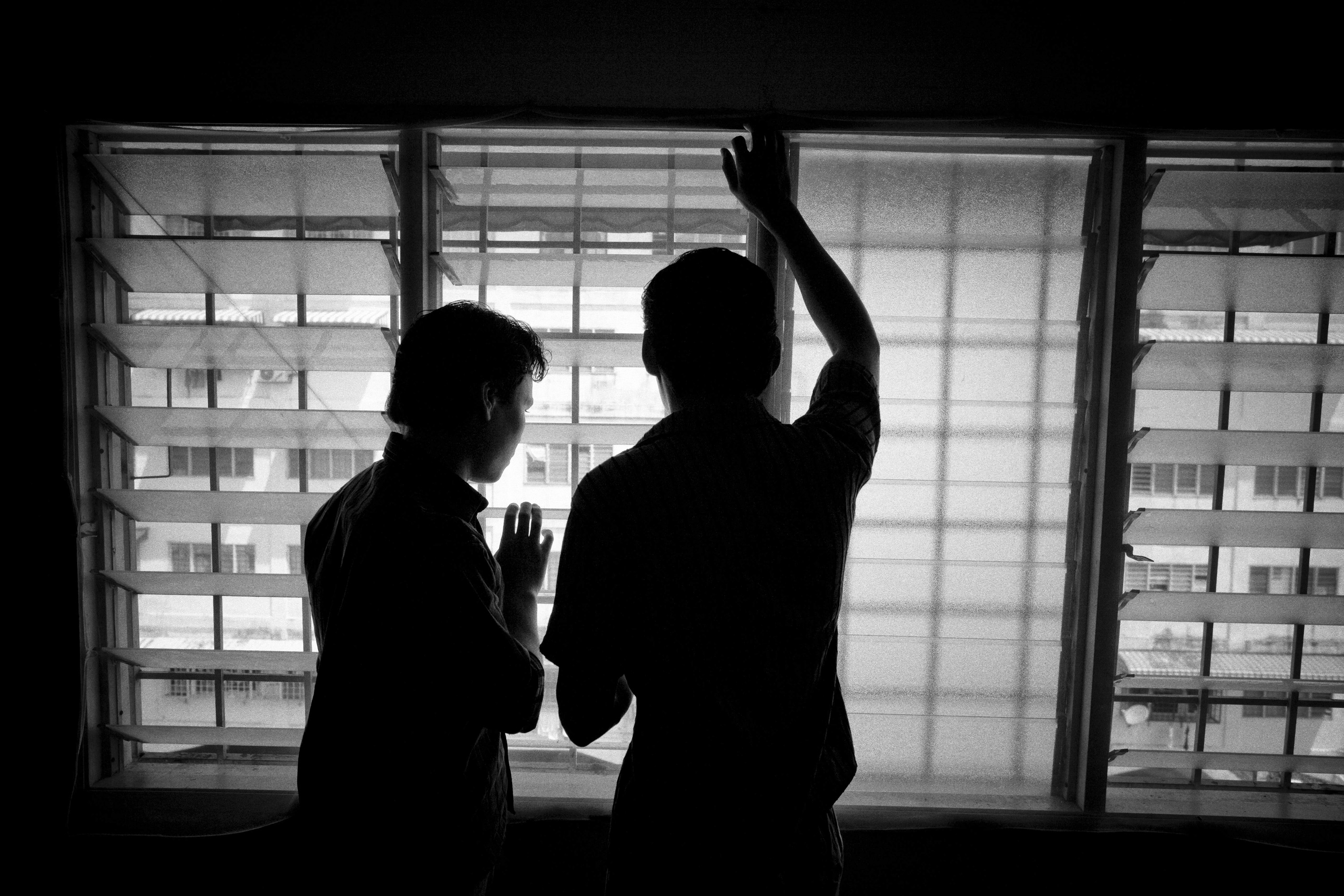
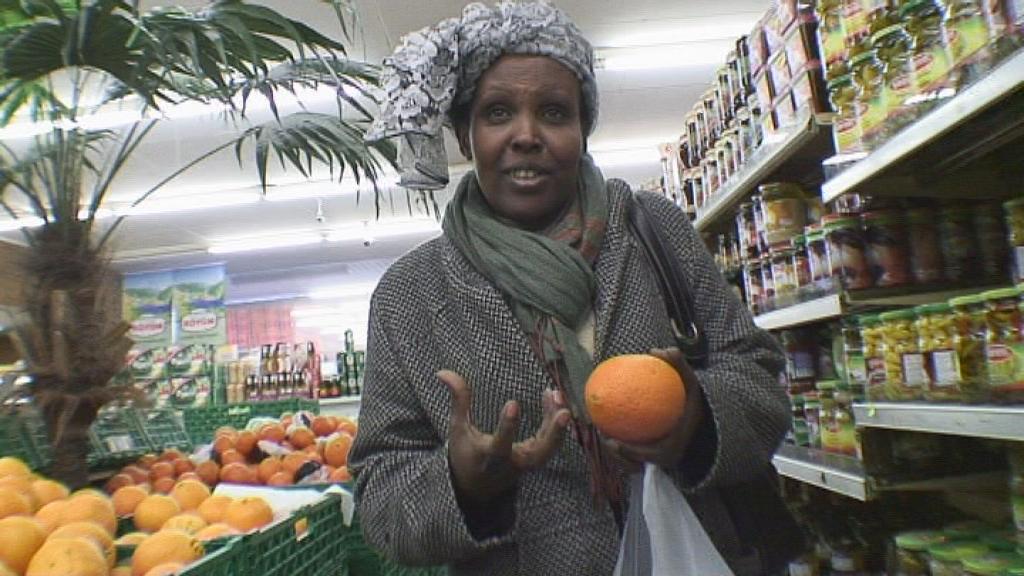
You can find an overview of ongoing debates with our journalists here. Please join us!
If you want to start a conversation about a topic raised in this article or want to report factual errors, email us at english@swissinfo.ch.